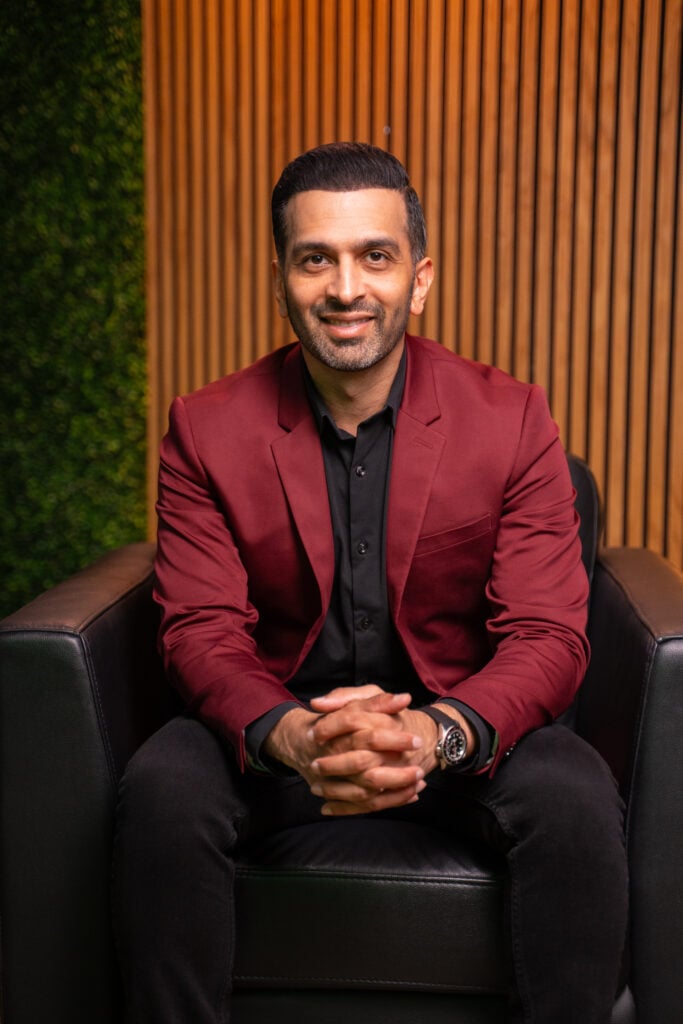For aesthetic medicine clinics across the country, competition has never been fiercer. Historically, clinics have tried to outdo one another in terms of cutting-edge technology and impressive results in an effort to win over new patients. But now, Sam Patel, founder of Astra Culture and LoopedApp, is introducing an all-new model.
Astra Culture is a consulting firm focused on the needs of aesthetic and wellness clinics. Through Astra Culture, Patel works with clinic owners to create treatment menus, train receptionist and providers, develop viable pricing strategies, and stand out in a market that seems to get more competitive by the day.
“Cash-based practices like aesthetic and wellness clinics are competing against each other with two main things: branding and hospitality/customer services,” Patel explains.
In recent years, it’s become increasingly clear that for aesthetic clinics, it’s patient retention — not acquisition — that matters most. It’s still important for clients to see results, but to keep those clients coming back, clinics are making a shift. Instead of focusing purely on results, they’re striving to offer an unparalleled patient experience.
“We are basically training clinics to be the luxury hotels of their area so they can compete in an entirely different league,” says Patel. “We aren’t trying to build cookie-cutter, transaction-focused clinics.”

Patel has seen firsthand that the most successful clinics are those that emphasize the importance of the patient experience throughout the entire process, from the very first phone call to follow-up care.
That’s where the luxury hotel comparison comes in. With Astra Culture, Patel is helping owners of aesthetic and wellness clinics learn the true importance of hospitality. In building training programs for clients, he’s been inspired by the unbeatable hospitality of luxury hotels.
“Our training methods and strategy are entirely focused now on customer service, front desk training, hospitality, and retention tactics,” Patel says. “Results-based, customer experience-centric clinics are what we develop and train.”
Taking the time to learn the elements of medical hospitality and put them into practice isn’t about making patients feel pampered. It’s a strategy with a ripple effect that benefits staff, patients, and the clinic as a whole.
Many patients are understandably anxious about their procedures, and walking into a clean, welcoming atmosphere can drastically reduce their anxiety. It also begins to shape the patient’s favorable opinion of the practice early on.
When the patient sees that the clinic treats them as an individual and not merely a source of revenue, they’ll be more inclined to come back. They’ll also be more likely to talk about their experience, which both builds a clinic’s reputation and brings in new patients.
More often than not, this model benefits staff as well. When a clinic values genuine hospitality, it tends to invest in its employees. Team members feel supported and heard, and that kind of positive energy creates a healthy working environment.
For some aesthetic and wellness clinics undergoing training with Astra Culture, implementing this unique model could be a major undertaking. However, when the end result includes satisfied customers, happy staff, and increased revenue, it’s well worth the effort.



